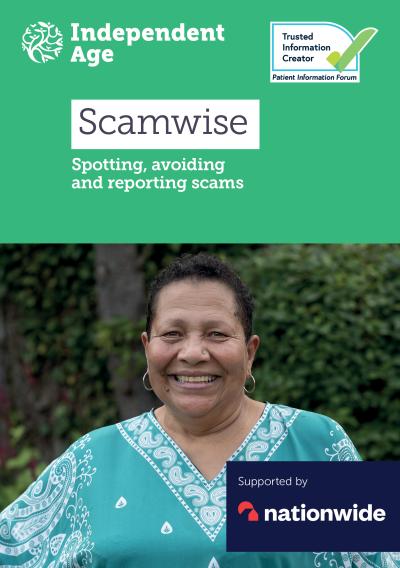Related publications

Scams can target anyone, but some people may be more at risk. You can help by keeping an eye out for your family, friends and neighbours.
It might not always be obvious if someone you know is being targeted by scammers. However, there are some tell-tale signs, like:
If you think someone you know is being, or has been, targeted by scammers, try to speak to them about it. It’s common for people to feel ashamed or embarrassed if they have fallen victim to a scam. You should reassure them that this isn’t their fault; scammers use tactics that can trick anyone.
If the person has been the victim of a scam, help them to report. If they live in England or Wales, they can report to Action Fraud (0300 123 2040). If they live in Scotland, call Police Scotland on 101. They could also talk to Victim Support (0808 168 9111) to get free practical and emotional support. They do not have to have reported the scam.
You may know someone who is vulnerable and worry about financial abuse - for example, a person with dementia who you’re caring for. Talk about your concerns with your local council’s adult social services department. For more information, read our guide Staying in control when you’re older.
A few simple precautions can provide protection from a wide range of scams. Make sure the person is aware of advice on spotting and avoiding scams. You could suggest they read our Scamwise guide, check their bank’s security advice or take a look at the advice on the Take Five website.
You can read more about different types of scams and how to protect yourself in the Metropolitan Police guide The Little Book of Big Scams.
By calling Independent Age's free and impartial Helpline, you can get information and advice from one of our friendly advisers, or order our free guides.